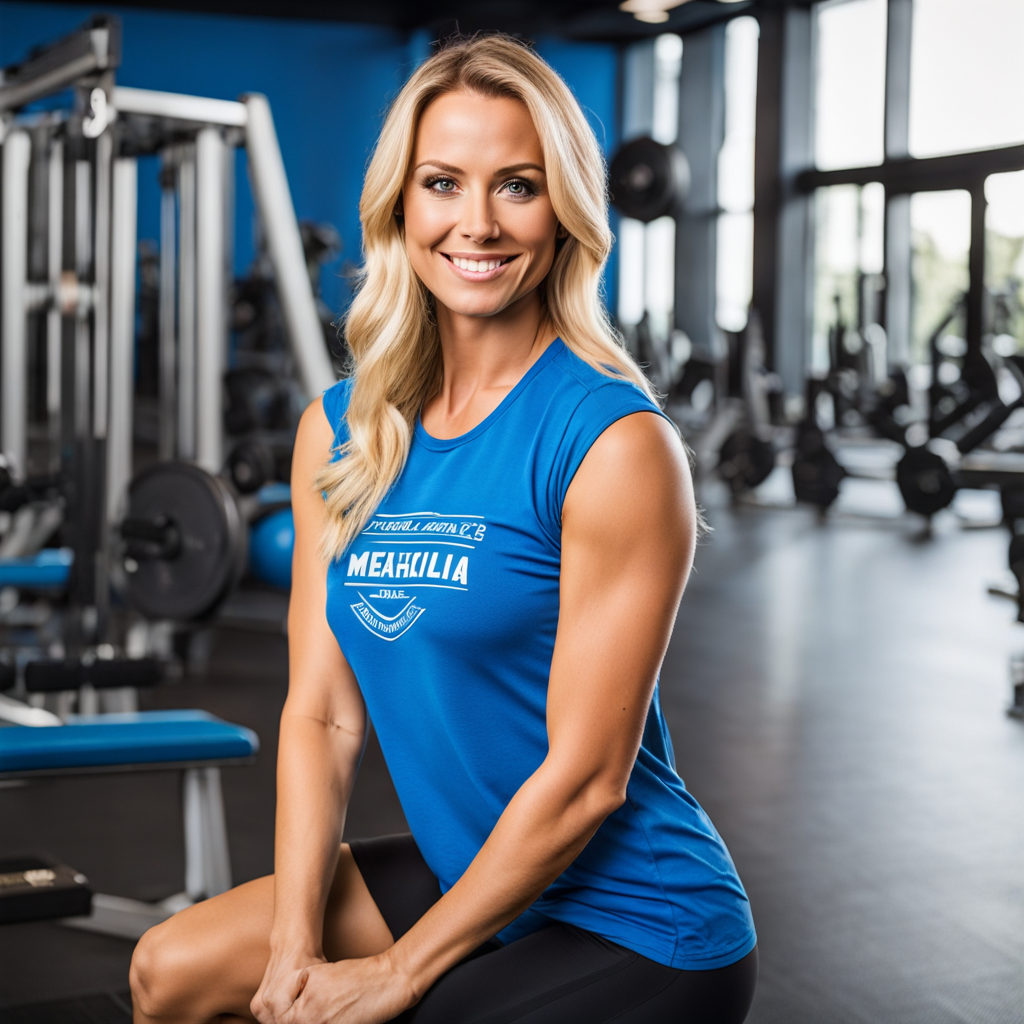When we hear the word "bacteria " our immediate instinct is to stay as we often associate it with illnesses and troubles. However not all bacteria are enemies – some are actually the "guys known as probiotics which can be found in foods and supplements. These unsung heroes play a role in maintaining a gut.
Now here's the truth: your body doesn't necessarily require probiotics. You already have an army of bacteria in your gut. However it wouldn't hurt to invite probiotics to join the party: in fact they might provide a layer of support for your system.
So how exactly do probiotics benefit you? Well these tiny allies can significantly contribute to reducing the population of "bacteria, in your gut – the kind that can cause illnesses and inflammation. Moreover they act as reinforcements by replacing these germs with bacteria.
Researchers are currently putting probiotics through testing to determine their effective applications. Some conditions have evidence supporting the use of probiotics. Probiotics have shown results in assisting individuals who experience diarrhea caused by antibiotics.
Probiotics can also be a lifeline when it comes to dealing with diarrhea among children.
Inflammatory bowel diseases (IBD) which include conditions, like Crohn's disease and ulcerative colitis. Some specific probiotics appear to have the ability to keep colitis in remission, ensuring disease activity and preventing a resurgence of Crohn's disease.
Irritable bowel syndrome (IBS). Probiotics sometimes come to the rescue by providing relief from symptoms such as stomach pain, bloating, gas, diarrhea and constipation.
But wait there's more to the story. These microorganisms are currently being studied for their potential in conditions although some conclusions are still pending. Some individuals have reported that probiotics have helped them in:
- Preventing and combating yeast infections.
- Managing urinary tract infections
- Dealing with intolerance.
- Alleviating skin conditions like eczema.
- Treating stomach and respiratory infections in children.
- Controlling. Asthma symptoms.
- Reducing inflammation in cases, like arthritis.
However it's important to note that while probiotics hold promise there is a caveat. Since these beneficial bacteria already exist naturally in your body they are generally considered safe for individuals. However there are an things to consider:
- Some people may experience an allergic reaction from probiotics.
- When you first start taking them you might experience stomach problems like a stomach ache, gas, diarrhea or bloating. Usually these discomforts go away as your body gets used to the probiotics.
- If you have a weakened system or another serious health condition it's best to be cautious.
There have been reports linking probiotics to infections and other side effects. People at risk of complications include those with immune system issues, a history of surgery or critical illness. If you fall into any of these categories it's advisable to avoid using probiotics.
Before giving your child supplements consult with their pediatrician. Similarly if you're pregnant or breastfeeding it's an idea to talk about probiotics with your healthcare provider.
It's also important to note that most probiotics in the United States are sold as supplements. This means that manufacturers aren't required to conduct testing for effectiveness and safety. Therefore more research is needed to establish the safety and efficacy of probiotics.
Ultimately the key to maximizing the benefits of probiotics is consulting with your doctor.
They can help you find the probiotics that suit your requirements. And remember, if you encounter any problems feel free to stop using them. Ultimately when it comes to probiotics the key is to find the equilibrium, without any rules necessary.






